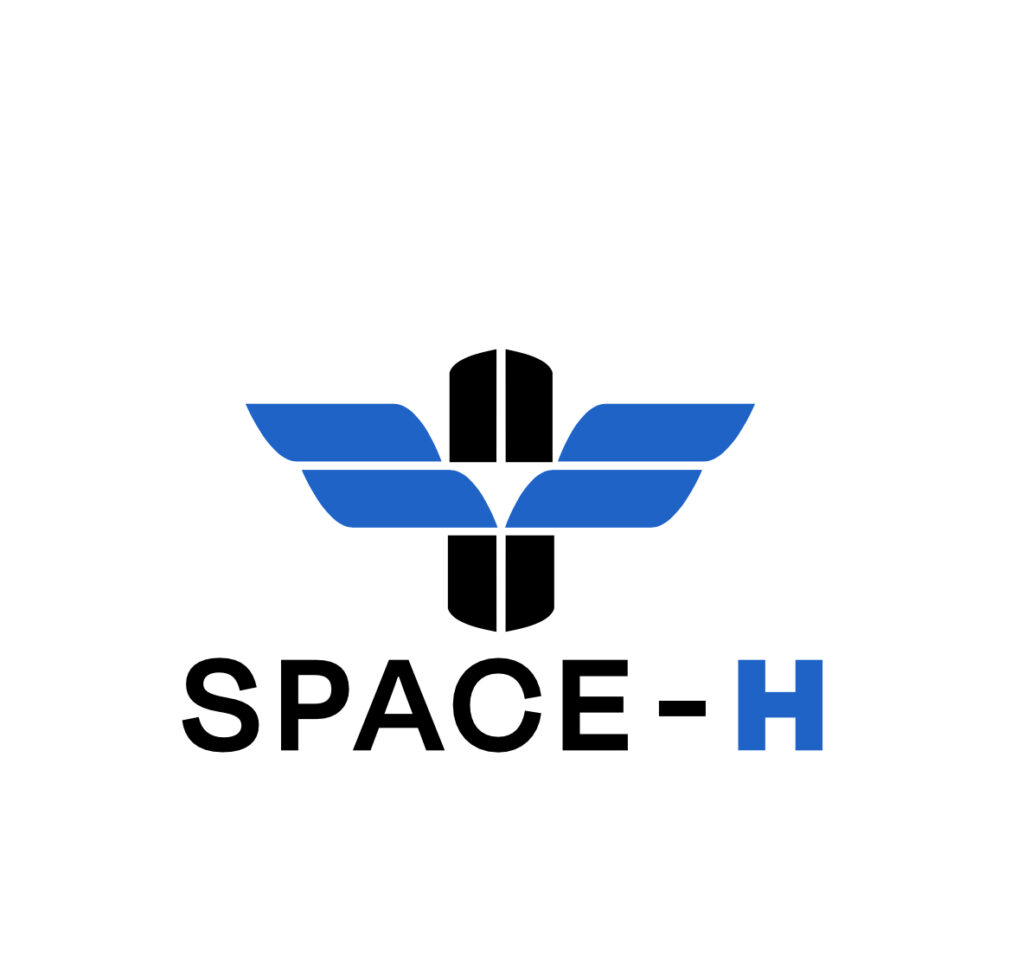
What You Should Know:
– NaNotics LLC, a biopharmaceutical company developing NaNots® – novel subtractive nanoparticles that treat disease by capturing and clearing pathogenic molecules from blood – today announced that it has been selected for the inaugural SPACE-H Accelerator program – a collaboration between Starburst, NASA’s Human Research Program (NASA HRP), the Translational Research Institute for Space Health (TRISH), Methuselah Foundation, and Microsoft Federal.
– The SPACE-H mission is “to support entrepreneurs working to advance biological and medical capabilities with the potential to minimize the health and performance risks in human spaceflight.”
NaNotics: Pioneering Soluble Target Therapies for Oncology, Inflammatory Diseases, and Space Health Challenges
NaNotics LLC, a late preclinical-stage company based in Mill Valley, CA, is developing a cutting-edge pipeline of NaNots®, targeting soluble molecules that drive a range of oncology and inflammatory diseases with significant unmet medical needs. NaNots are engineered to specifically target soluble molecules dissolved in blood, and uniquely differentiate between biochemically identical soluble and membrane-bound targets—offering superior performance over traditional antibody therapies.
NaNots present a novel therapeutic approach by adsorbing disease-driving molecules from the bloodstream. Notably, profound tumor suppression has been demonstrated by Mayo Clinic studies using NaNots in a humanized mouse model of triple-negative breast cancer, a type that typically responds poorly to conventional drugs. Additionally, NaNots have shown efficacy in extinguishing deadly cytokine storms by rapidly adsorbing inflammatory molecules responsible for these immune overreactions.
With increasing interest in long-duration space exploration, NaNots offer a potential breakthrough in addressing health challenges posed by the harsh space environment. Factors such as accelerated aging and disease emergence require innovative treatment options. NaNots are particularly well-suited for space applications due to their ease of use—they can be administered via simple injection, with depletion of disease-driving molecules confirmed using portable blood analyzers. This makes them a valuable option for programs like NASA’s Artemis, which aims to establish a permanent lunar base, and other space missions where traditional medical technologies are impractical due to size, weight, and operational complexity.
By addressing both earthbound diseases and space-specific health challenges, NaNotics is positioned to advance the next generation of autonomous healthcare solutions.
“We’re very excited to have been selected for the first cohort of the SPACE-H program,” said Lou Hawthorne, CEO of NaNotics and the inventor of NaNots®. “The SPACE-H program is run by some of the world’s top technologists; their interest in our work speaks to the advanced nature of the NaNot platform and its potential significance for maintaining health in space as well as on Earth.”

